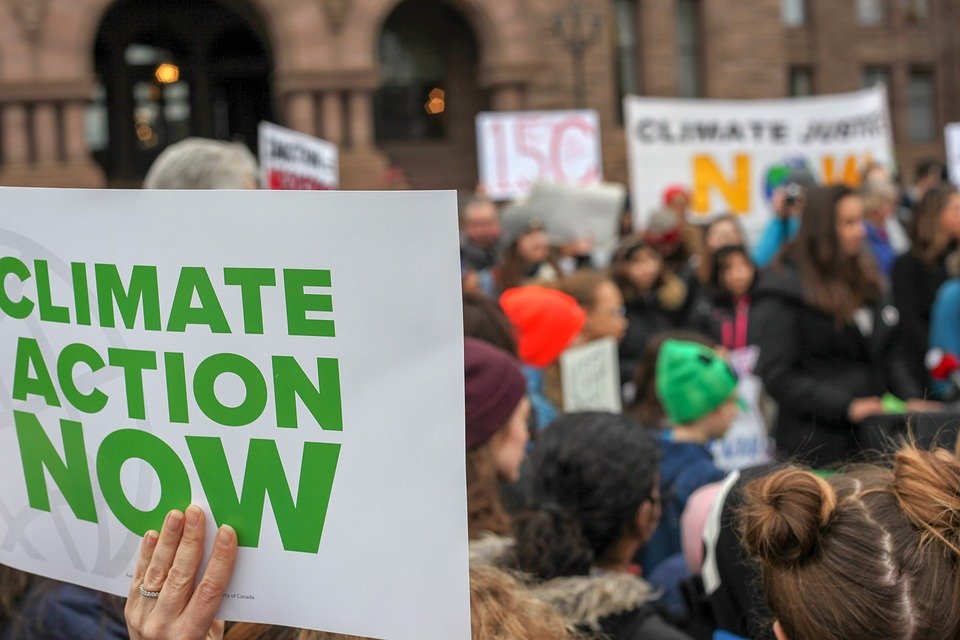For the Green Party, this election has been phenomenal. The party has expanded its vote, doubled its highest number of TDs, and broken through in new areas like my home county of Limerick. Even taking the surge in support for Sinn Féin into account, these results illustrate that the people of Ireland still want green policies. Specifically, for the Young Greens, we spent time canvassing all over the country, with a spread of member groups and our central branch working hard to get as many of our candidates over the line as possible, and we’re proud to say that work has paid off.
In order to discuss our future, I think we need to clarify certain events in the recent past, and frame why this can be a very different Dáil to what we’ve had before. This isn’t the first time that we’ve been offered “New Politics” in Ireland. In 2016 with the minority government, there was supposed to be a shift in the nature of governance. However, political culture hadn’t changed, and the entrenched structures of the civil service stayed around to support it. This was constantly illustrated by the government’s abuse of the “Money Message” in order to stall bills passed by the opposition benches. While we had a minority government, and were being told that this was the beginning of consensus politics, nothing changed.
As a party in the last Dáil, the Greens worked hard to try and bring environmentalism to the forefront of debate, and in doing so worked with a broad coalition of similarly minded politicians. Numerous bills on housing, climate, biodiversity and social protection were passed using the sort of broad coalitions that the Greens built in opposition. The Green Party, for example, supported Bríd Smith’s climate emergency bill, and it was passed by the Dáil, before being hamstrung by the government using the “Money Message”, as was the Green’s own waste reduction bill.
“We can clearly see from this election that political discourse in Ireland is becoming more progressive, more left, and more green.”
Now, at the beginning of the 33rd Dáil, the Party is talking to everyone about the formation of a government. This is to ensure that regardless of the government that is formed or the deals that are put on the table, green policies are part of that debate and the broad coalitions from the last Dáil are kept together to ensure a strong stance on our climate going forward. We don’t know who will form the next government, but we can clearly see from this election that political discourse in Ireland is becoming more progressive, more left, and more green.
That isn’t to say that the party is willing to go into government with anyone. The Greens are speaking with other people because we respect their mandates from the populace, however we have our own red line issues. Climate action, dealing with the biodiversity crisis, housing reform, social justice, and a just transition all need to be in any programme for government that is put to the Greens. Without these reforms, there will be no change, and the Irish people do not want more of the same.
What does this Dáil mean for us, for students and young people? Hopefully, it means an end to the kicking around the can on third level funding. Furthermore, it should lead to action on rents and housing, and the creation of a state that is more interventionist to protect our society, rather than the laissez-faire attitude too many people in the political establishment of Ireland have held for too long. This is the change in politics that the Young Greens went out knocking on doors for, to build a better, more sustainable society for Ireland that will give us a future that we want to live in. Something that gives us hope, rather than grinding us under the boot of neoliberalism for some abstract inflated GDP that’s based on Ireland being used as a tax haven for vast multi-national companies.
“…will this Dáil and whatever government comes from it be able to change the political quagmire that Ireland has been stuck in for so long?”
While it’s very easy to agree on policy in principle, it’s the delivery that matters. Will the new Government have the strength and the desire to really implement the changes we need? Or will it end up like “A Vision For Change”? Everybody agrees that the “Vision For Change” plan for mental health is the blueprint we need to follow. However, 14 years after it was adopted, there has been very little delivery. The question that we as young people need to see answered is: will this Dáil and whatever government comes from it be able to change the political quagmire that Ireland has been stuck in for so long? Or, will it be the same as the “New Politics” that we were promised four years ago: the same thing, but with some slightly different faces.
Personally, I’ve been involved in Irish politics for a number of years, and when I was running in 2016 I really did believe that we might be moving to a new type of politics. I was wrong then, and most of us were. Despite that, and even after the last few years of the same old thing being done by the government, I have hope for the future based on this election. Not just based on the results, but also on the activism I’ve seen from the Young Greens and other progressive young people throughout the country. People have been canvassing, protesting, working to build a result that can put Ireland on the right path to a future we can all thrive in. This isn’t a capstone election, but it’s a huge step in the right direction for Ireland, and hopefully it’s one that we can build on.






